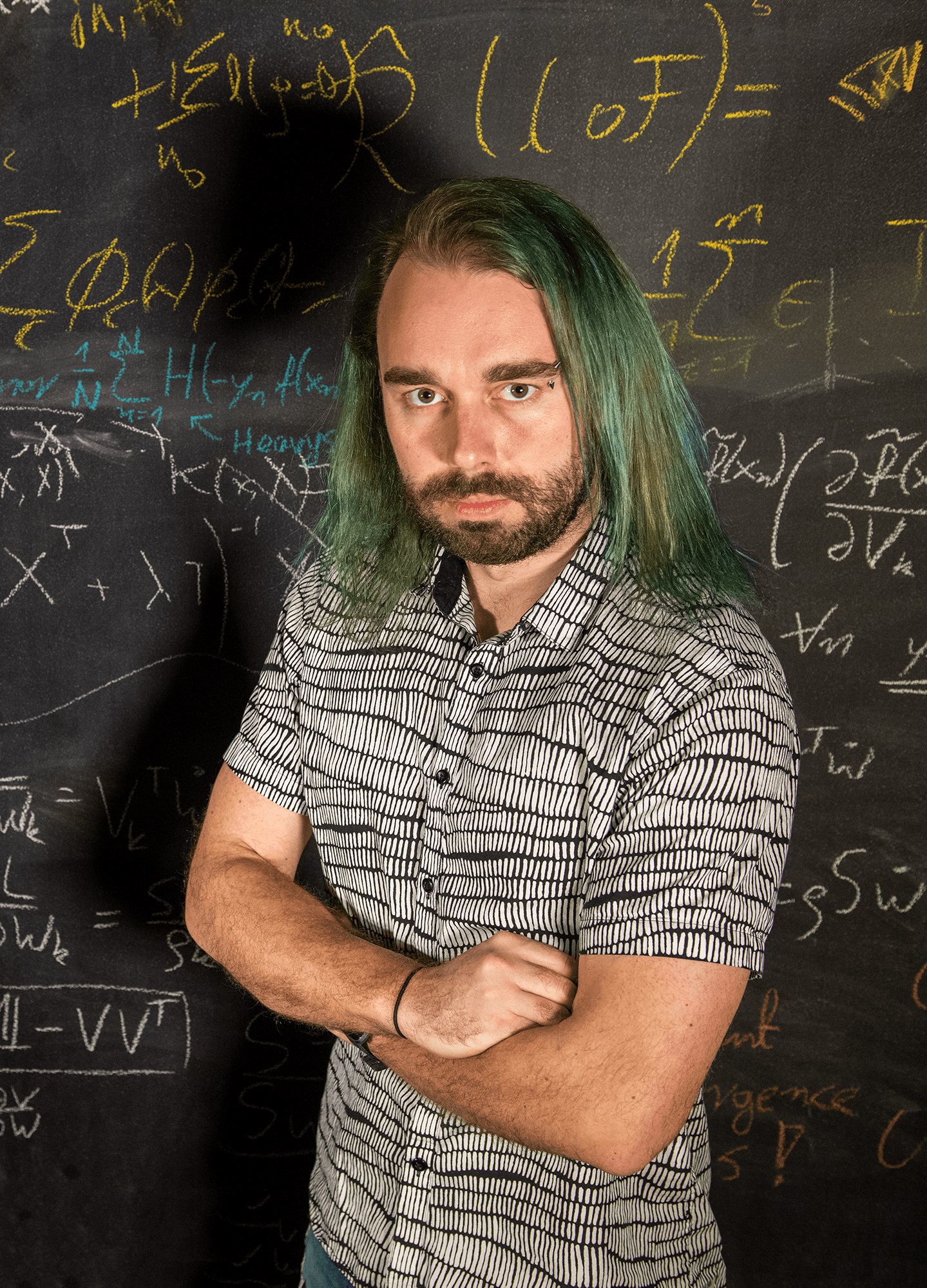I am currently a Principal Researcher at the Deep Learning group working on orchestration of large AI models to create assistants in the creative domain. In particular, my work has been recently focused on an effort on “Speaking the World into Existence” with Jaron Lanier, to allow prompt-based creation of rich interactive virtual scenes. My eventual goals are to create an AI research assistant to allow us to formulate research questions and help work on them to expand our creativity and help us to ask the right kind of questions to solve the most difficult problems.
Previously, I was a postdoctoral researcher at the Center for Brains, Minds + Machines and Poggio Lab at MIT working on the theoretical understanding of Deep Learning and pushing towards AI capable of mathematical reasoning. I obtained my PhD in Quantum Gravity at the Perimeter Institute for Theoretical Physics in Waterloo, ON.
My adventures in physics started in the beautiful city of Edinburgh, where I studied Mathematical Physics. I then moved to Canada, to pursue an intense Master degree program - the Perimeter Scholars International . Having survived this boot camp, I decided to stay around and pursue a PhD in Quantum Gravity, which is arguably the greatest outstanding problem in Theoretical Physics. One of my biggest motivations is figuring out if there is a scientific framework for answering the question "why is there something, rather than nothing?". In my research, I have both tried to connect to possible experiments through phenomenological models, as well as worked towards rigorously defining a path integral for gravity, through Spin Foam models.
Taking a break from investigating the deep mysteries of our universe, I have spent two summers as an intern at Microsoft Research, working on a prototype of a platform for mathematical collaboration in mixed reality. My hope in moving mathematical work from the two-dimensional blackboards/sheets of paper to 3D will allow us to explore novel structures and learn to interact with math in a more intuitive manner. These stints have had the effect of polluting my purely academic mind with the ideas of applicability of research.
While I was finishing up my PhD I thought deeply about the feeling of confusion common to most physicists I have met and came to the conclusion that while the pursuit of solving difficult problems, like Quantum Gravity, is very beautiful and fulfilling, as a species we are cognitively not very well optimized for this pursuit. These thoughts led me to consider Neuroscience as a career, to understand the exact mechanisms through which we learn and think creatively. What excites me about this is the potential for augmenting these processes through the use of technology, which could turn currently hopeless problems into approachable ones. In the long term, I hope to work on brain-machine interfaces that allow us a direct connection to greater computing resources as well as collaborative "cloud-thinking" between multiple individuals. Sticking to the present however, we are still far away from having artificial systems capable of performing the kind of high cognitive tasks that are relevant to these lofty goals. Thus I joined Tomaso Poggio at MIT to first understand how modern Deep Learning works and then take the first steps towards AI capable of symbolic and mathematical reasoning.
Education
2012 - 2017 PhD in Theoretical Physics, Perimeter Institute for Theoretical Physics
2011 - 2012 M.Sc. in Theoretical Physics, Perimeter Institute for Theoretical Physics
2008 - 2011 B.Sc. with Honours in Mathematical Physics, University of Edinburgh
Work Experience
Summer 2015 Microsoft Research Intern, Redmond, WA
Summer 2016 Microsoft Research Intern, Mountain View, CA
Languages
- Polish Native
- English Fluent
- German Infinitesimally basic
- Chinese Learning...
Computer Skills
Platforms: Mathematica, MATLAB, LaTeX, Arduino, Unity3D
Languages/Frameworks: mainly Python (PyTorch, Keras); once upon a time C/C++, C#, Java
